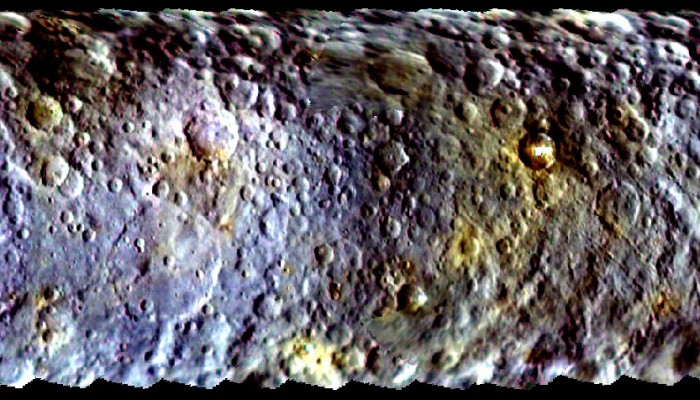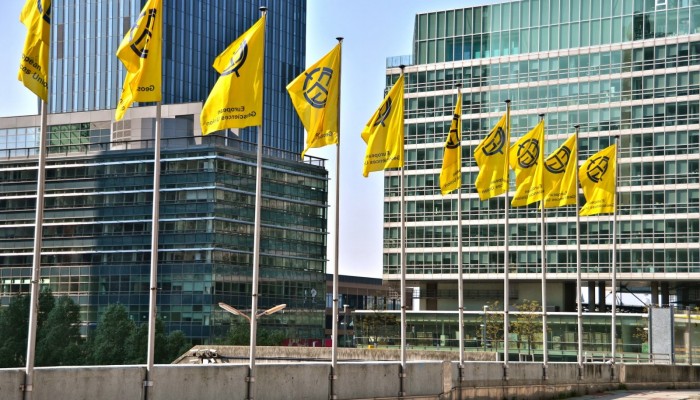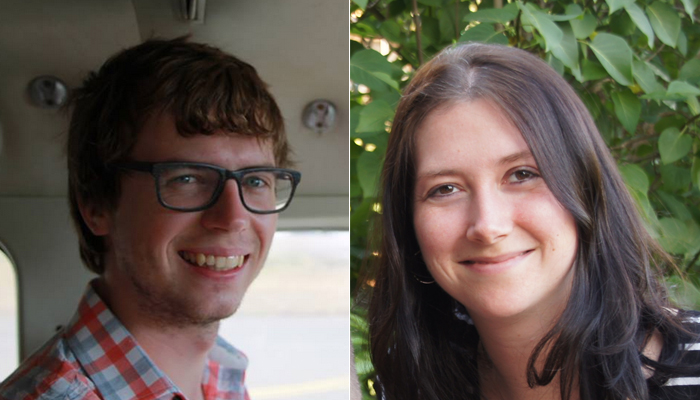Scientists working on NASA’s Dawn mission revealed new findings from the spacecraft at EGU’s General Assembly. This blog post is brought to you by Nikita Marwaha, reporting on the press conference in Vienna, Austria. The very first press conference of the 2015 General Assembly this year took a closer look at the surface of Ceres. Scientists working on NASA’s Dawn Mission shared new results from th ...[Read More]
Findings from NASA’s Dawn Mission shed new light on Ceres



